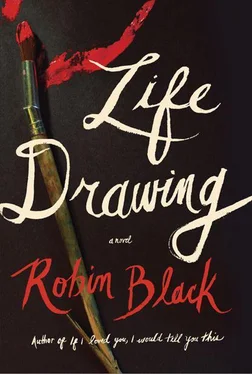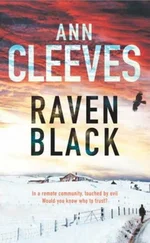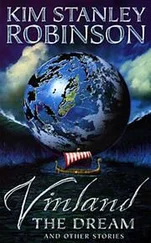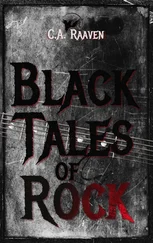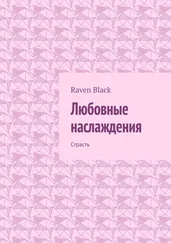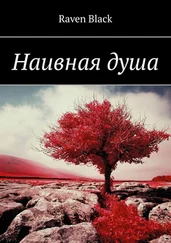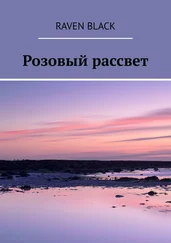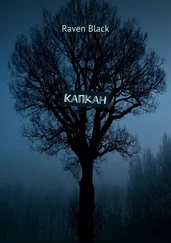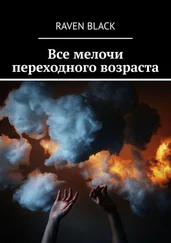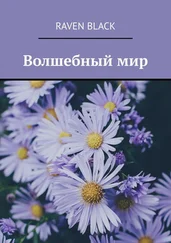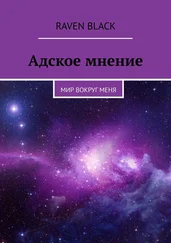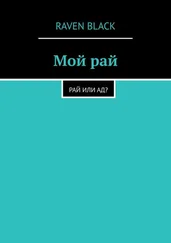For my children,
Elizabeth, David, and Annie
&
For my mother,
Barbara Aronstein Black
The greatest happiness of life is the conviction that we are loved; loved for ourselves, or rather, loved in spite of ourselves.
— VICTOR HUGO
Our dead are never dead to us, until we have forgotten them.
— GEORGE ELIOT

In the days leading up to my husband Owen’s death, he visited Alison’s house every afternoon. I would watch him trudge over the small, snowy hill between our two properties, half the time away from me, half the time toward me. And I would wonder what he thought about as he went. Wonder too if Alison watched him from a window of her own, and whether the expression she saw on his face as he approached was very different from the one I saw as he came home.
In the weeks that followed his death, I would stare out the same window, the one in our living room, nearest the fireplace, for as much as an hour at a time. Sometimes even longer than that. There was a huge blizzard on the day after his funeral. I watched as nearly three feet of snow fell to the ground, staying all through January, then much of February, picking up a few more inches now and then, drifting against anything in its way, flattening the landscape so the hill wasn’t quite so distinct anymore and the trees all looked shorter, their trunks buried deep.
It was, I imagine, very beautiful. But imagining and remembering are not quite the same thing. I don’t remember thinking it anything but eerie at the time.
Owen wasn’t buried. I had known practically since the day we met that he wanted to be cremated. We’d had the sort of courtship — though the word would have seemed old-fashioned to us both — that included a lot of talk about the meaning of life, the prospect of death. We were young, very young, and undoubtedly neither of us believed, not really, that we would ever die, which made that sort of discussion, often late at night, often just after sex, exhilarating. There was a beauty to be found in the transitory nature of existence, we would say. There was liberation in the acceptance of mortality. Religion was for fools. Religion, along with marriage ceremonies, Thanksgiving dinners, station wagons, procreation, and so on. Burial was a perverse notion if you really thought about it, without the assumptions of the culture blinding you. All those dead bodies, taking up all that land. A peculiar, fetishistic custom.
We were to be a cremation couple. It was established early on.
Except that we were never going to die.
I thought about so many things during those first snowy weeks, including the fact that I too was mortal, that I too would disappear one day, leaving behind such things as panes of glass through which other people could gaze, and cold that they could feel. Snow that had to be shoveled, not just contemplated. Practical issues for which I would no longer be a help or a hindrance. Relationships abandoned like unfinished thoughts.
It isn’t that no one close to me had ever died before. I was forty-seven years old. Few reach that age unscathed and I hadn’t made it past toddlerhood before a brain aneurism took my mother in a matter of hours; then my oldest sister, Charlotte, lost a filthy battle to cancer when she was forty-six; and my father was wandering his solitary, demented way toward a graceless, profoundly unjust kind of death.
But Owen was Owen. Owen was me. I was Owen. Anger and all. Betrayals and all. Owen would walk into a room and I might well want to kill him — so to speak — but at the same time, for much of my life, I couldn’t really have told you where I left off and he began. And then he died. Leaving me standing at a window, staring into a landscape as though, well, as though he might just reappear one day. Of course.
Iwas certain about cremation, but in fact a lot of our other opinions had softened over the years. That is what happens. There was a marriage ceremony, eventually. There were attempts to procreate, which led to discovering that Owen could not, so when we bought the minivan we had sworn we never would, it was for hauling my paintings, not children. We never did get religion, either of us, but we started to value the idea of ritual. Still, no celebration of Thanksgiving with its intimations of smallpox-infected blankets and European domination, but on the second Saturday of April we threw a big party, invited old friends out to the country, cooked an insane amount of food, drank too much, and talked appreciatively of pagan celebrations of spring. And back when we were city dwellers, we went through a phase of lighting candles every Wednesday night. “Ain’t nobody’s Sabbath but our own,” Owen sang the first time that we did, so we played Billie Holiday every Wednesday after that.
But softened isn’t really the right word. Our opinions didn’t soften. More accurately, we reacted to life. And we reacted, time and again, to threats. To us. To us being us. Why did we finally get married? Because I had broken the promise that we had never made. Owen forgave me, or anyway, we moved forward, but we did it with a vow this time. Why did we try to have children? Because there was a period in there when the possibility — absurd five years before! — that we needed more than just each other, crept into our thoughts. Our fabric seemed to be wearing thin. And why this desire for ritual? To anchor us. I will be here the second Saturday of every April. I will be here every Wednesday night .
We never saw it that way, of course. I saw it that way later on. That’s what happens when one of you dies. The clock stops. The story ends. You can make some sense of it all. Begin to see patterns. Begin to understand. Maybe you can only begin to understand. Maybe the patterns are only the ones that you impose. But the thing takes on a different shape. It takes on a shape.
Or, as one of my teachers used to say, you cannot see a landscape you are in.
But you do begin to see it when you step away.
This is me, just before my first glimpse of Alison: I am standing, hands on hips, staring at a patch of basil that has gone to seed, peeved at myself for having once again planted so much and once again failed to harvest it at the right time. It is one of those obscenely hot late July days when you walk outside and think there’s been some kind of terrible mistake, because weather can’t really be meant to be this oppressive. My hair, long and still close to entirely black, is tightly braided, pulled off my neck, clipped straight on the back of my head, so if the sun weren’t too high for shadows, mine would look like I had feathers sticking up. I am wearing just a bra and shorts. My body, at forty-seven, is tan from gardening, mowing, walking. And I am strong, stronger than I ever was before I became a country dweller. My face? My face is broad, my Russian forebears lending me their wide, prominent cheekbones, their heavy square jaws. And my eyes, which are dark blue, are bluer still under thick black brows. If I am beautiful, I am not classically so; but at forty-seven I think I am beautiful. More than I ever did at twenty, at thirty. By this time I mind mirrors less. If I am honest, I will say I sometimes seek them out. I look at my face, at my body, with a kind of clinical detachment into which a strand of admiration inserts itself. I always wanted to be powerful. In this decade, finally, I look powerful. I feel powerful.
And I feel alone. Standing there in front of the house, knowing the mail has already arrived so there won’t be anyone close again for another twenty-four hours, I am alone in a way that is familiar to me by this day, but that I never experienced until nearly three years before, when we moved to this otherworldly place. It is a kind of solitude that continues even when Owen is standing beside me. It is a solitude that includes him. We are apart from the rest of the world. We are invisible to it. We have become by this time a single being, a being that argues with itself from time to time — as a knee may ache, as a tired back might refuse to cooperate, so you say, Oh for God’s sake, could you stop being so difficult; but you are saying it to a part of yourself.
Читать дальше
